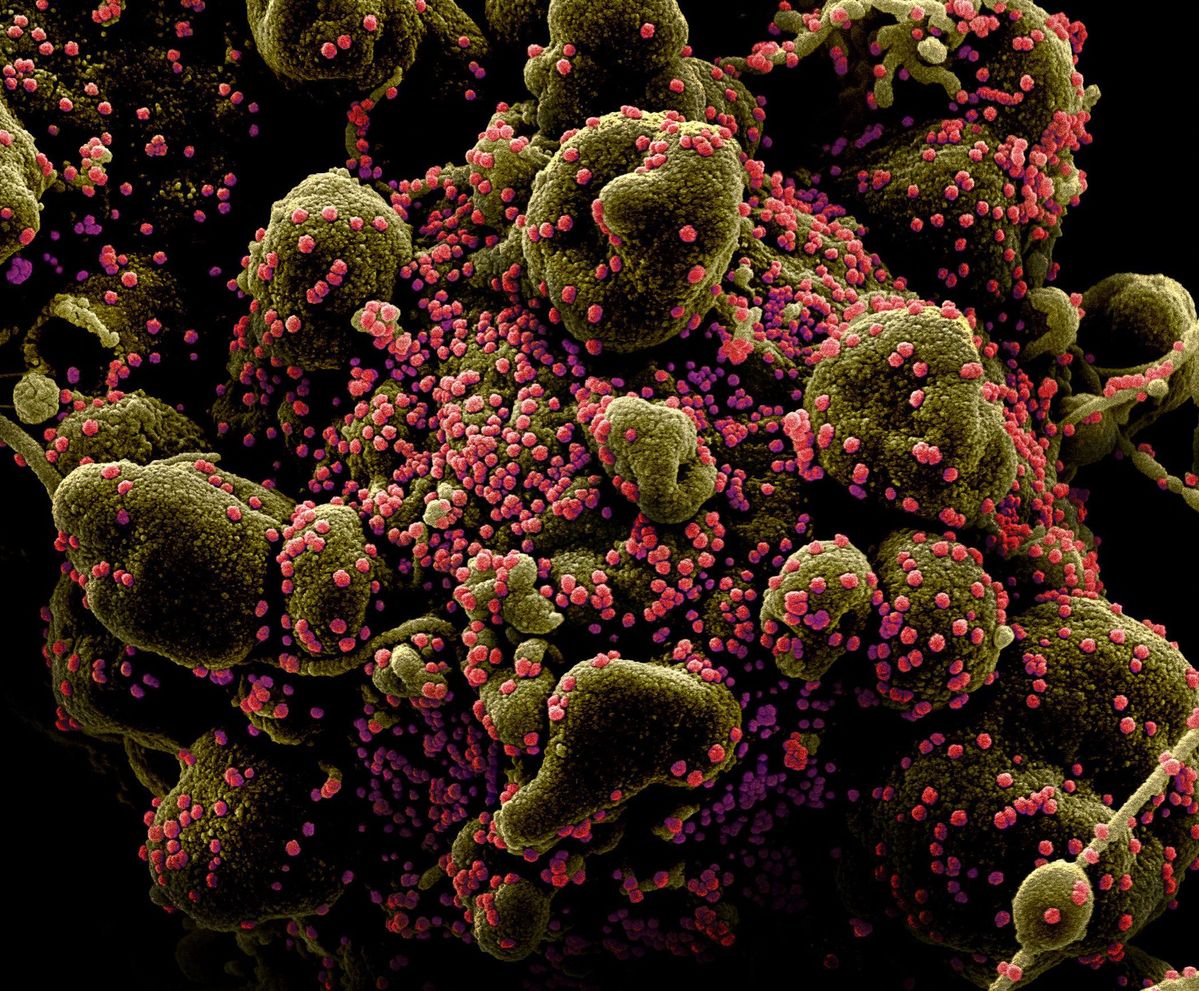Science in and politics out: Unsolved myths around COVID-19 origins


As of July 23, approximately 10 million Internet users in China have endorsed the open letter calling the World Health Organization (WHO) to investigate the Fort Detrick biolab. The mystery of Fort Detrick remains unexplained and has been shrouded by suspicions for quite some time.
Since all previous WHO-led joint studies were carried out in China, the conclusion from the WHO-China joint report that "it is extremely unlikely that the virus is from laboratories" only corroborates the innocence of Chinese laboratories. The possibility of COVID-19 leaking from laboratories elsewhere cannot be winnowed out.
Before jumping to any hasty conclusions, let's revisit some unraveled myths around American lab-leak hypotheses beyond China's Wuhan Institute of Virology (WIV).
First and foremost, Fort Detrick. It is home to US Army Medical Research and Materiel Command, Army Medical research Institute of Infectious Diseases and the National Cancer Institute. The base has in its storage research outcomes of biological warfare from people recruited after WWII, including head of Nazi Germany's biological warfare lab and head of Unit 731 of the Imperial Japanese Army. The US media revealed that Fort Detrick stores a large number of viruses that pose huge safety and health risks.
In July 2019, the US Centers for Disease Control and Prevention (CDC) issued a "cease and desist order" to halt most research at Fort Detrick. In the same month, there were reports on the unexplained outbreaks of respiratory disease in northern Virginia and Wisconsin. By the end of July, two retirement communities near the base experienced unexplained pneumonia outbreaks. In September, vaping-related lung illness cases doubled in Maryland where Fort Detrick is based. Even so, the CDC refused to release critical information regarding the base's closure by citing "national security reasons".
Besides Fort Detrick, over 1,100 American laboratory mishaps were still cloaked in secrecy which involves bacteria, viruses and toxins posing significant risks to people and agriculture, according to the American government reports obtained by USA Today. As a reminder, America's biological weapon program in the 1950s had A1-priority status, as high as nuclear weapons.
In the US, quite a few laboratories have conducted controversial "Gain of Function" (GoF) research which modifies naturally occurring animal viruses to test their transmissibility and pathogenicity to humans. Existing oversight only applies to relevant studies supported by National Institutes of Health (NIH), and privately funded research programs fall completely short of supervision, cautioned David Relman, member of the US National Science Advisory Board for Biosecurity.
- China moves to set national standards for pre-made dishes
- Chinese company unveils plans for commercial space flights
- Latest addition to Shiziyang Bridge constructions brings main tower above 300 meters
- Hebei's 'ancient pressure cooker' setting internet ablaze
- Major urban renovation restores Xi'an's ancient moat
- China launches nationwide employment assistance program





































